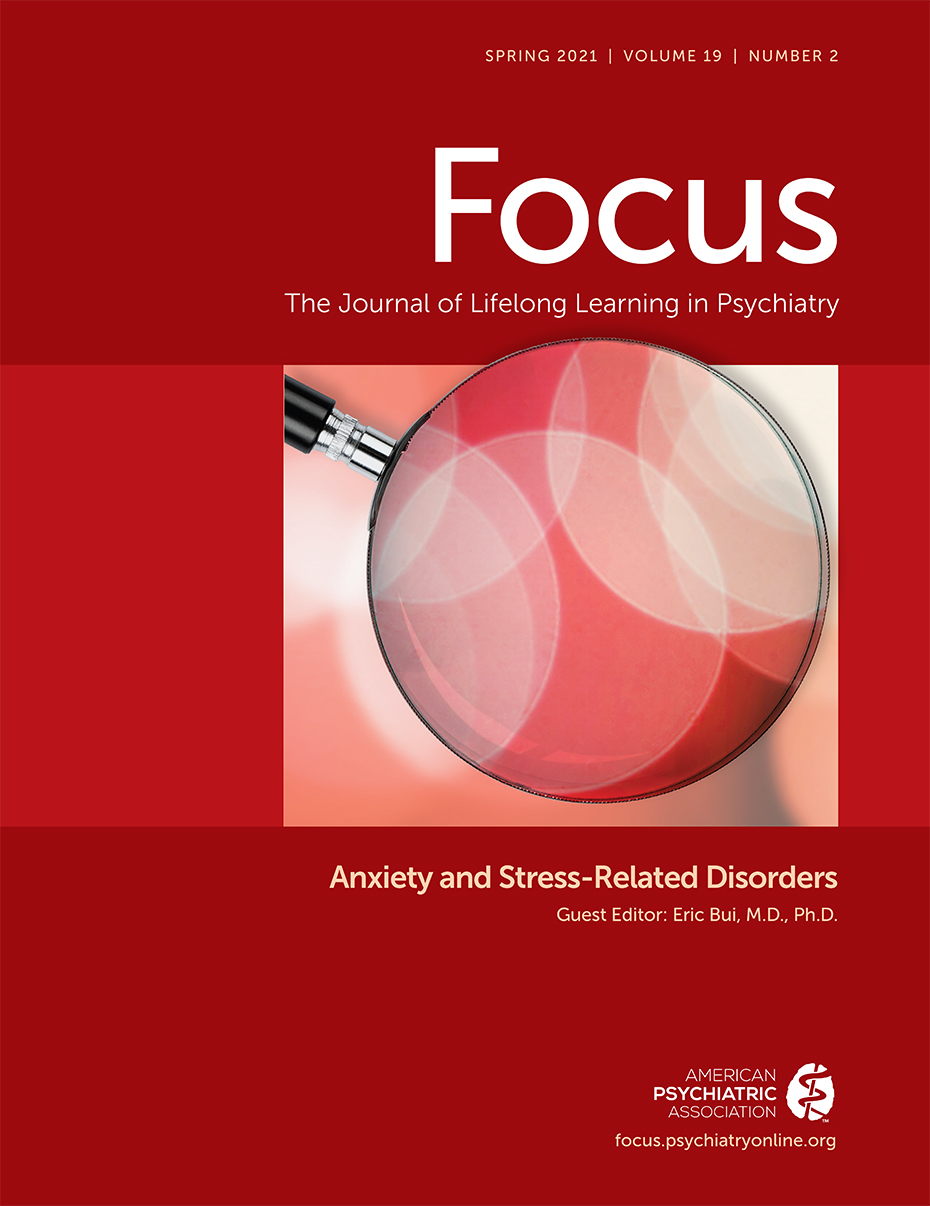Psychedelics as Reemerging Treatments for Anxiety Disorders: Possibilities and Challenges in a Nascent Field
Abstract
Although psychedelics initially showed promise in treating anxiety disorders, psychedelics were criminalized and research halted in the early 1970s. A subsequent resurgence of research into psychiatric benefits of psychedelic-assisted psychotherapy in the last 20 years has led to a potential paradigm shift in the treatment of numerous psychiatric disorders, including anxiety disorders. Despite accumulating evidence and likely U.S. Food and Drug Administration approval in the next 2–3 years, the emerging field of psychedelic medicine faces several challenges. Obstacles include ongoing barriers on the regulatory level, lack of education, stigma among mental health clinicians, cost and scalability, and a dearth of specialized personnel prepared to provide these treatments. Deeper issues of ethical responsibility and inclusivity also exist given the historical discovery and use of psychedelics by indigenous peoples throughout the world as well the ongoing disparities in mental health delivery and access within psychiatry and psychedelic research.



